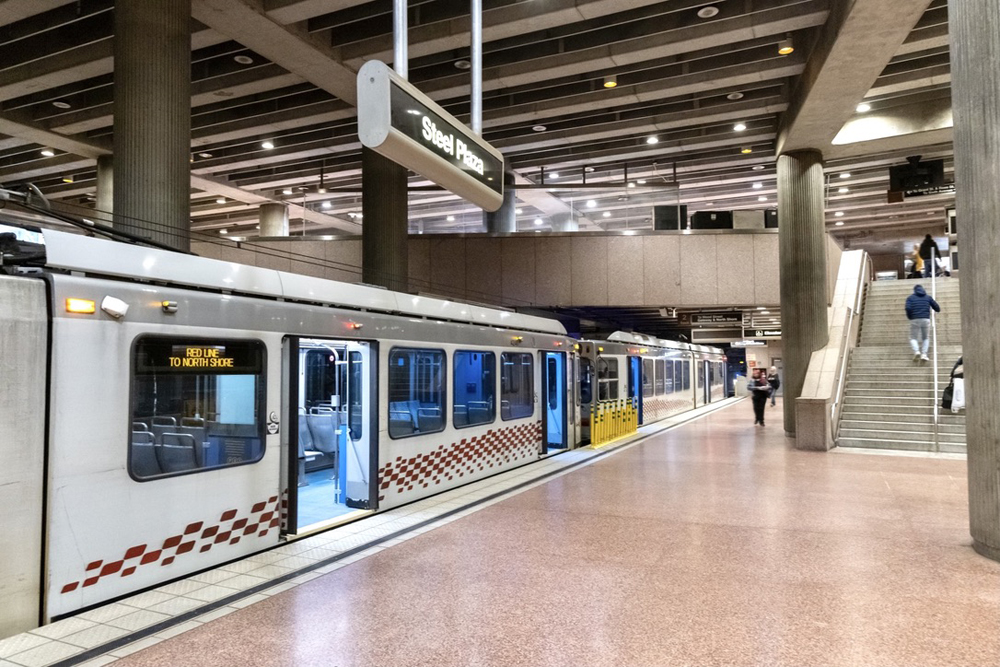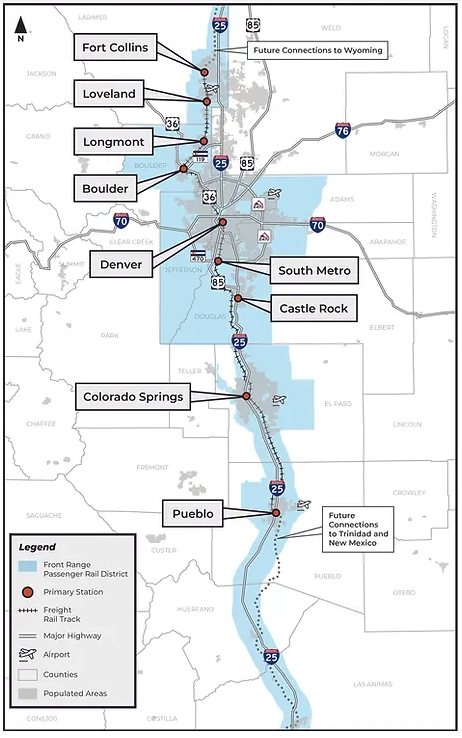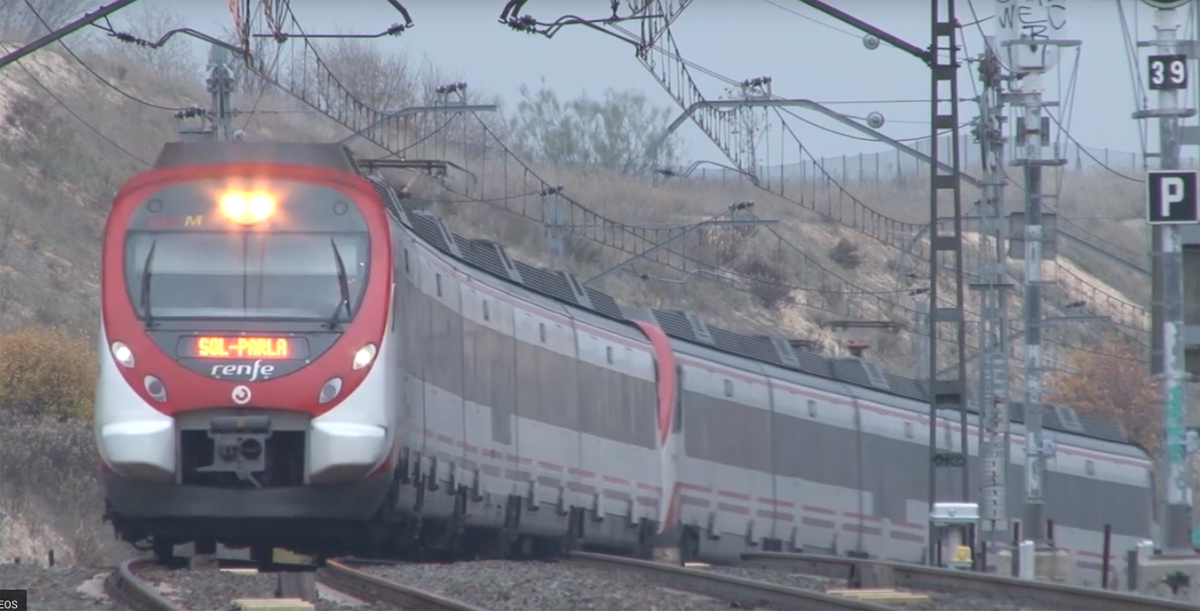“Costs that should be borne by others are being borne by us currently,” Long Island Rail Road President Phillip Eng tells the New York Post. He comments followed those by Metropolitan Transportation Authority board member Norman Brown, who called at Wednedsay’s board meeting for a state solution to the problem.
“The expense here is huge, there’s no reason it should be borne solely by the MTA,” Brown is quoted by the newspaper. “Maybe we could pass some legislation here that could put some of the weight on the operators of these vehicles.”
At the scene of fatal #LIRR accident, where a train hit a vehicle at a crossing, killing 3, crashing into the Westbury station platform and derailing. @Newsday pic.twitter.com/SV2QPwpwOO
— Alfonso Castillo (@AlfonsoReports) February 27, 2019














Why can’t roads have crossing gates on all four corners of the tracks like they do in Japan?
How about placing Jersey barriers( concrete barriers)like those used on the side of highways.
These are precast and can be set in place. If a row of these were placed on both sides of crossing it would stop all but the craziest of fools from trying to beat the train. This is being used on some crossings that are designated as SILENT CROSSINGS. It will work on crossings that approach the tracks on right angles but not on crossings that parallel the tracks and then turn on to them.
After this latest incident I am hearing calls to discontinue rail service on these lines, on the grounds that because the trains didn’t stop instantly when the car intruded into the crossing, the railroads (in general) and LIRR (specifically) is “… poorly run and their drivers (sic) are poorly trained”.
Not to mention that “… trains should not be operated on public property”. I have been hearing that one a lot, as well.
Obviously, the big bad train did it all and LIRR should be punished. I cannot comment on the litigation soon to follow, but given what can be done with a jury these days the plaintiff will have a far easier job than the defence.
Few people have any concept of the physics involved in a railroad, and fewer care. And equally few seem capable of grasping the concept that a ROW is private property, that trains cannot stop instantly (well, Thomas the Tank Engine can, so why can’t you?), and that you should never, ever, go around or through a crossing when the gates are down.
My sympathies are with the injured passengers on the trains, and with the passengers (but not the driver) in the car. As for the driver, I will be more than happy to nominate this individual for the Darwin Award.
The above comments are general in nature and do not form the basis for an attorney/client relationship. They do not constitute legal advice. I am not your attorney. Find your own damn lawyer.
Brett – No, not everyone who dies in a railroad crossing crash he causes is broke. Even if many are, the estate of those who aren’t broke should have a claim filed against it. The man who recently got himself killed in Brookfield Wisconsin was 70 years old. It’s not unusual for a 70-year old Brookfield resident to be economically comfortable. I’m a 72 year old Brookfield resident. If I died tomorrow, as opposed to eating up my savings into old age and senior care, and if my wife had predeceased me (she’s alive and well) my estate would be sitting on some available cash.
I didn’t know the man who lives near me who, through his utter stupidity, killed himself at CP Rail in Brookfield, Wisconsin, last week. By all accounts, he was the most decent of fellows, a really good guy who made one horrid mistake and paid for it with his life.
Surely neither CP Rail nor Amtrak would ever collect anything that his widow needs to live on or if he has any other dependents. Beyond that, the railroads have as much (or more) a claim to his estate (if any) than his adult children, or the church he belonged to, or the many charities he supported.
Who are you (MTA) going to charge when the occupants are dead and are driving their personal vehicles? Their private insurers have bigger lobbyist than you do (MTA). Commercial vehicles?, maybe you can sue their employer?. Still might lose, And even if they survive, they are handicapped or disfigured, etc. most of us are broke or near broke, so who are you going to sue? LIRR has been around since 1834, its just the cost of doing business, LIRR is the oldest continuously chartered railroad in the USA, maybe even the world (1834). If LIRR hasn’t figured out a way to get reimbursed after collisions by now, than who? You been around the longest.